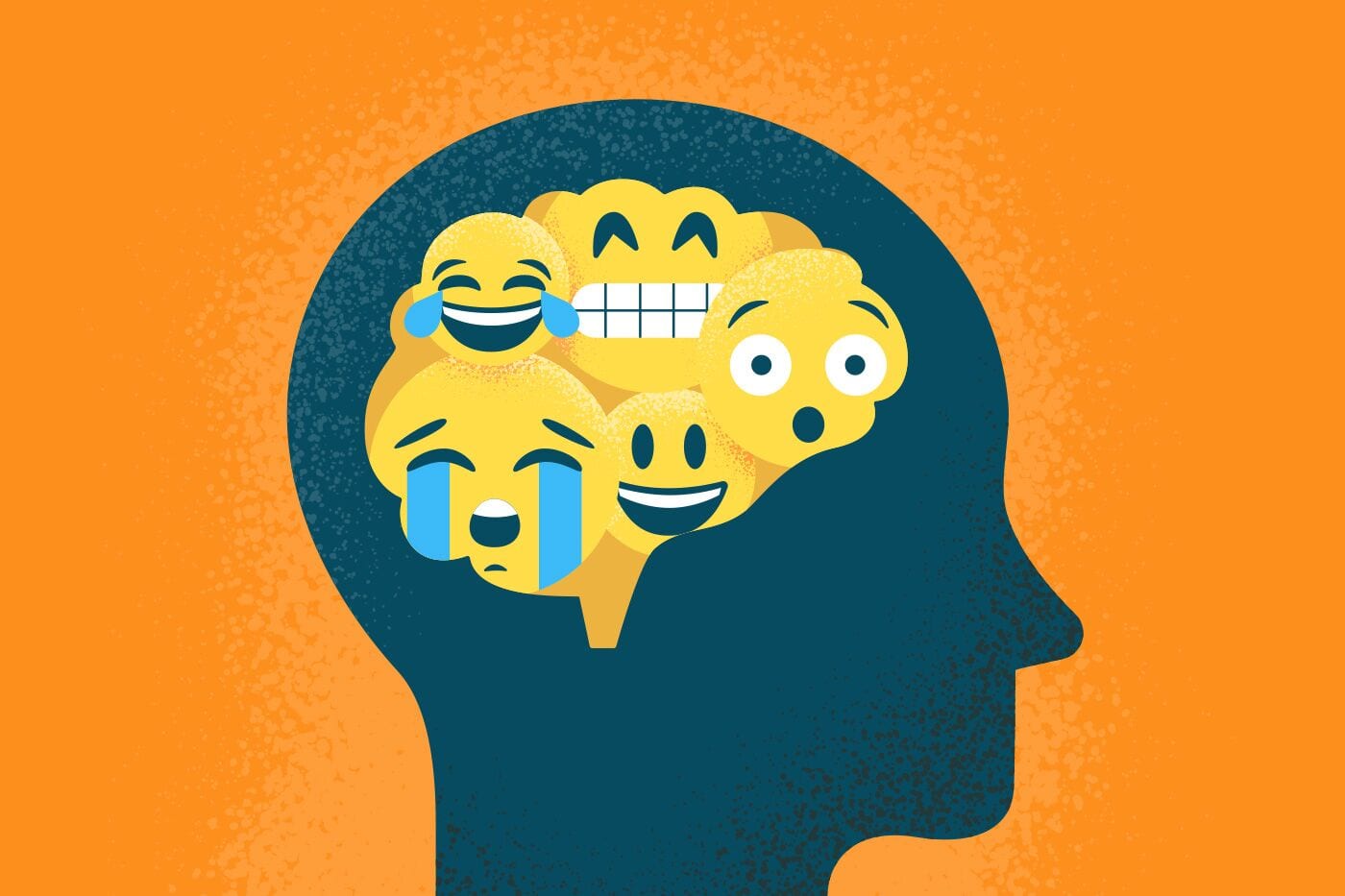Introduction:
In the complex world of modern leadership, technical skills and business acumen are no longer enough. Emotional intelligence (EQ) has emerged as a critical factor in effective leadership. This story follows Jake, a talented but struggling executive, as he discovers the power of EQ and learns to cultivate it, transforming both his leadership style and his team’s performance.
The Emotional Barometer: A Leader’s Journey to EQ Mastery
Jake slumped in his office chair, staring at the employee satisfaction survey results on his screen. As the newly promoted VP of Operations at TechNova, he had expected challenges, but not this: his team’s morale was at an all-time low, and turnover was rising.
A knock on the door interrupted his brooding. “Come in,” he called.
Lisa, the company’s HR director, entered. “Jake, got a minute? I wanted to discuss the survey results.”
Jake sighed. “I don’t get it, Lisa. I’m delivering results. We’re hitting our targets. Why is everyone so unhappy?”
Lisa sat down, her expression thoughtful. “Jake, have you ever heard of emotional intelligence?”
Jake frowned. “Sure, it’s about being nice to people, right?”
Lisa shook her head. “It’s much more than that. It’s about understanding and managing your own emotions, and effectively navigating the emotions of others. And it might be the key to turning things around here.”
Over the next hour, Lisa explained the core components of emotional intelligence: self-awareness, self-regulation, motivation, empathy, and social skills. She suggested Jake work with an EQ coach to develop these areas.
Skeptical but desperate for a solution, Jake agreed.
Over the next few months, Jake embarked on a journey of emotional discovery:
1. Self-Awareness: Jake started keeping an “emotion journal,” noting his feelings throughout the day and their impacts on his decisions. He was surprised to realize how often stress led him to snap at his team.
2. Self-Regulation: Jake learned meditation techniques to manage his stress. Before reacting to situations, he practiced pausing and taking a deep breath, giving himself time to respond thoughtfully rather than reactively.
3. Motivation: He reflected on his deeper motivations beyond just hitting targets. Jake realized he was driven by a desire to innovate and make a positive impact. He began sharing this vision with his team, igniting their passion too.
4. Empathy: Jake instituted “listening tours,” where he spent time with each team member, seeking to understand their perspectives and challenges. He was amazed at the insights he gained simply by listening without judgment.
5. Social Skills: He worked on his communication, learning to give constructive feedback that was both kind and clear. Jake also focused on becoming a better mediator in team conflicts.
As weeks turned into months, Jake noticed significant changes. Team meetings, once tense and silent, became collaborative and energetic. People seemed more engaged, offering creative solutions to problems.
One day, while grabbing coffee, Jake overheard two team members talking:
“Have you noticed how different Jake is lately?” one said.
“Yeah, it’s like he’s become more… human. I actually look forward to our one-on-ones now,” the other replied.
Jake smiled to himself, realizing how far he’d come.
Six months after his conversation with Lisa, Jake found himself again staring at a screen with survey results. But this time, he felt a surge of pride. Employee satisfaction had soared, and turnover had decreased significantly.
Lisa popped her head in. “Congrats, Jake! The turnaround in your department is impressive. What’s your secret?”
Jake leaned back, thinking of his journey. “I learned to read the emotional barometer – both mine and my team’s. It turns out, EQ isn’t just a soft skill. It’s the foundation of effective leadership.”
As Lisa left, Jake opened his emotion journal, penning an entry:
“Today, I realized that the greatest tool in a leader’s arsenal isn’t their intellect or their authority – it’s their heart. By developing my emotional intelligence, I didn’t just become a better leader. I became a better person. And in doing so, I helped my team become better too. This journey doesn’t end – it’s a continuous process of growth and self-discovery. But now, I have the tools to navigate it, and to guide others along the way.”
Jake closed the journal, feeling a sense of accomplishment and excitement for the future. He had discovered that the path to exceptional leadership wasn’t just about climbing the corporate ladder – it was about elevating his emotional intelligence, one step at a time.
Summary:
This story illustrates key strategies for developing emotional intelligence in leadership:
1. Self-Awareness: Recognizing one’s own emotions and their impact on others.
2. Self-Regulation: Managing emotions and responses, especially in stressful situations.
3. Motivation: Understanding and sharing one’s deeper drives and inspirations.
4. Empathy: Actively listening and seeking to understand others’ perspectives.
5. Social Skills: Improving communication and conflict resolution abilities.
Jake’s journey demonstrates that enhancing emotional intelligence is a continuous process that can significantly improve leadership effectiveness, team morale, and overall organizational performance. By focusing on EQ, leaders can create more engaged, productive, and harmonious work environments.

